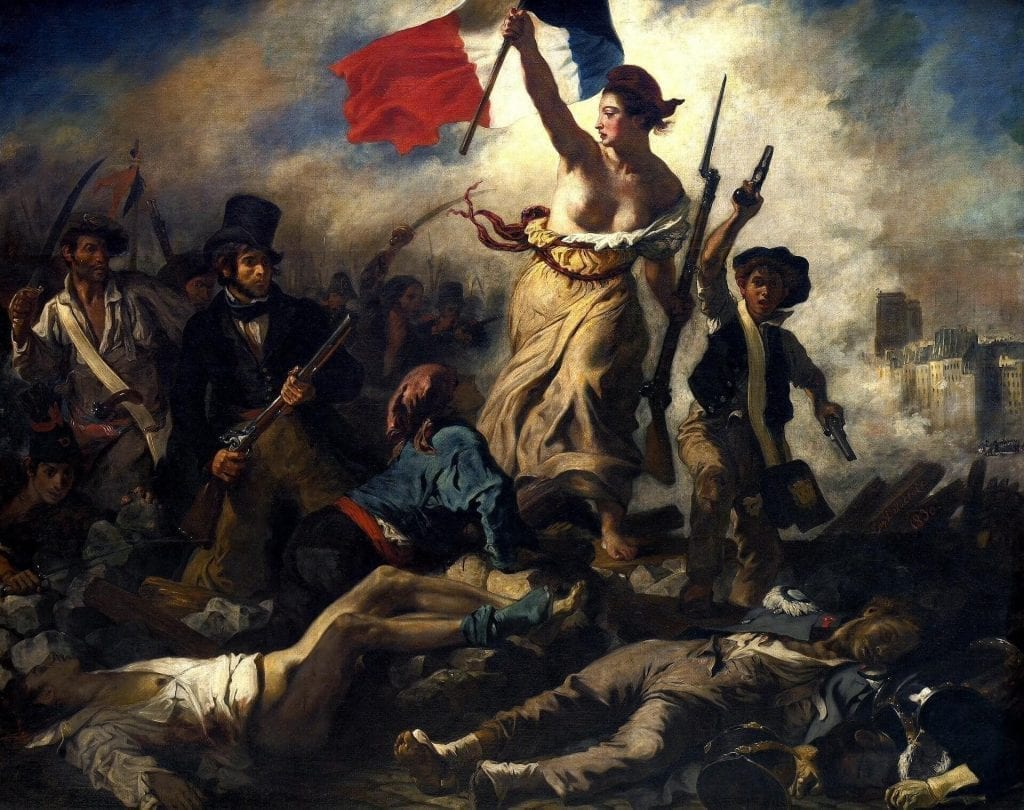Who Were the First Conspiracy Theorists in History?
Conspiracy theories are not new: the twentieth century has known horrendous crimes justified by alleged plots, but the historical origins of conspiracies are more ancient: they date back to the years of the French Revolution.
The history of conspiracies goes back a long way. The moment when the so-called “conspiracy theories” became an explicit and conscious political method – useful for justifying one’s political actions – was that of the French Revolution (1789) and the following years, the so-called period of Terror.

The revolutionaries justified their every accusation with the excuse of the threat of an aristocratic plot against the revolution. One of the main leaders of those years was Maximilien de Robespierre, called “the incorruptible”: he died of beheading on charges of conspiracy in 1794.
At the same time, the alleged conspirators, the monarchist, and clerical counter-revolutionaries did not hesitate to blame dark forces that would have long planned the subversive action of the French Revolution. Their targets were anti-Christian illuminists such as the philosophers Voltaire and Diderot and the mysterious sect of the Masons who, according to them, would plot against the power established in France.

Historians think that the plots were functional to impose a new order: it was easier to make the public opinion accept that this was the work of conspiracists than to declare the natural decline of the monarchy and of the Church that for centuries had influenced the lives of all subjects.
